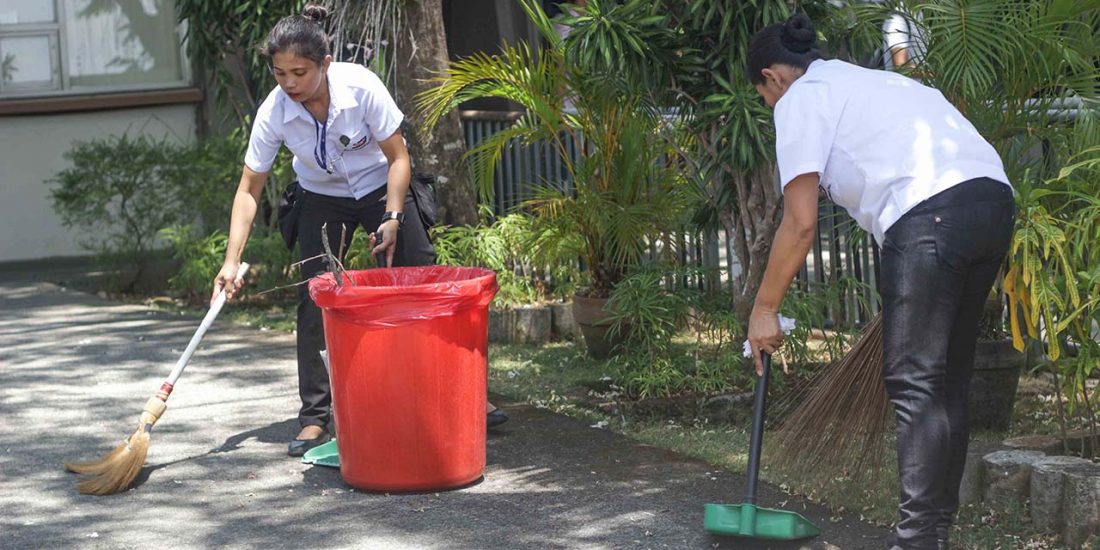DLSU-D undergoing discussions for drug testing next AY
Following the Commission on Higher Education (CHED) Memorandum Order (CMO) No. 18 Series of 2018 regarding the guidelines on drug testing for students in higher education institutions (HEIs), the University is undergoing discussions on the implementation of the CMO, as per Vice Chancellor for Academics and Research (VCAR) Dr. Marco Saez.
“For sure naman [that] the University will follow,” Office of Student Services (OSS) Dean Arch. Antonio Gutierrez Jr. said. “As mandated here [in the CMO], it will start ng 2019 – 2020, so that means next academic year (AY),” referring to Rule VI Section 8 of the CMO which states that “all HEIs are mandated to implement a mandatory random drug testing of the students.”
The memorandum order released by CHED on November states that drugs remain a “national concern” in the Philippines. In its objective in addressing this persisting drug problem by promoting “drug-free” campuses, as stated in Rule IX Section 21.2, “All HEIs shall establish a Drug-Free Committee (DFC) which shall formulate their internal drug testing rules.”
Furthermore, as currently stipulated in Section 19.2.1 of the 2018 – 2022 DLSU-D Student Handbook, “drug addiction and/or possession or use of prohibited and regulated drugs (without valid prescription) within and outside the premises of the university” is an offense with a corrective action of 3, 4 or 5 which may sanction a student either for suspension, non-readmission, or expulsion, respectively.
With the release of the recently revised 2018 – 2022 DLSU-D Student Handbook, Gutierrez clarified that despite the CMO ruling to incorporate the mandatory drug testing in the student handbook, changes will not be made as the revision was held before the CMO was released. However, Gutierrez added that the policy will be implemented as the University is governed by CHED.
Moreover, following the guidelines of the Dangerous Drugs Board, the CMO also states that student cases testing positive to the drug test shall receive recommendations to public and private rehabilitation centers depending on the drug-dependency level.
“The University will respect the rights of the student, if the results would [be] positive, ang action natin is more of transformative rather than punitive,” Gutierrez said in response to the guideline.
As of press time, there is yet a definite process for the mandatory drug test as the implementation is set to be discussed between administrators concerning the released memorandum order. “We (admin) hope to finish [the discussions] before the start of [AY] 2019-2020,” Saez clarified.
With a report from Bianca Isabelle Lariosa.





